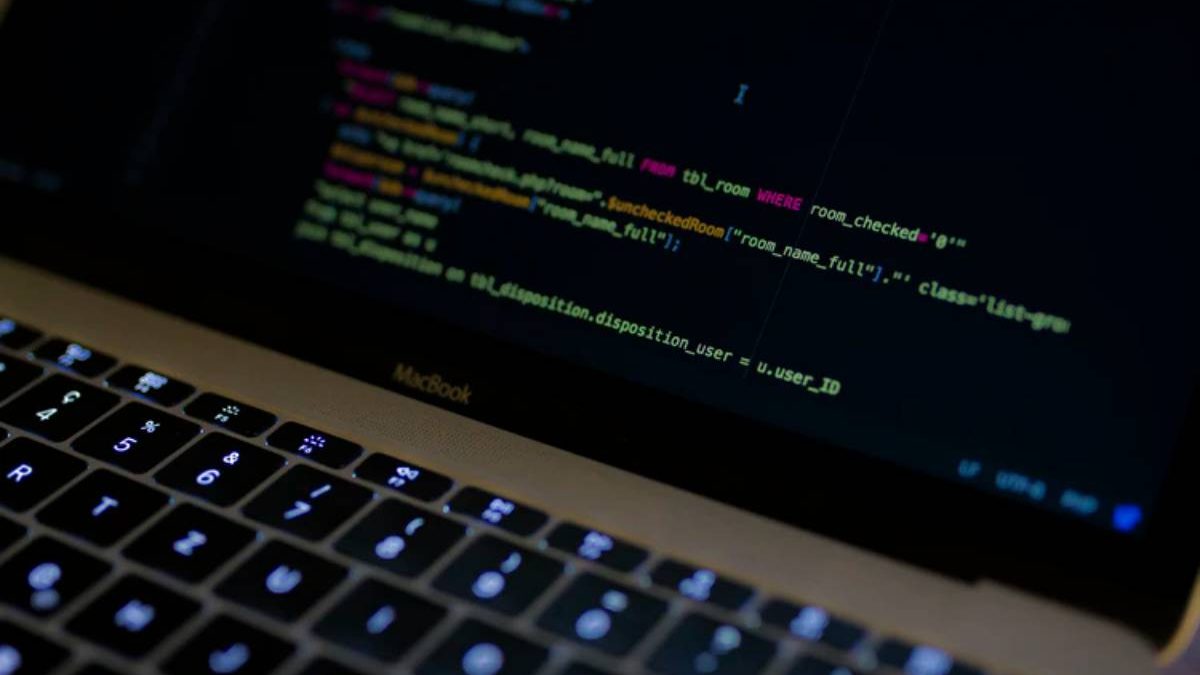Table of Contents
Introduction
The protection of databases remains known as the sui generis right — a specific property right for databases that is unrelated to other forms of protection such as copyright.
Works such as computer databases and other tables and compilations as well as computer programs, were incorporated via amendments, into the definition of “literary work‟. As per Section 2(o) of the Copyright Act, the meaning of “literary work” includes a “computer database”.
Databases continue to be usually blanketed by copyright law as compilations. Under the Copyright Act, a compilation is defined as a “collection and assembling of preexisting materials or of information that are selected in one of these manner that the ensuing paintings as a whole constitutes an authentic work of authorship.”
Case C-762/19 specifically arose out of two preliminary judgments delivered by the Riga Regional Court (Civil Section, Latvia) concerning. The interpretation of Article 7 (2) of Council Directive 96/9 / E.C., of March 11, 1996. On the legal protection of databases in disputes between CV-Online Latvia S.I.A. and MELONS SIA. Derived from the visualization provided by the latter in the list of results generated by its. A search engine of a hypertext link that redirects to the CV-Online website and meta. Tags inserted by the latter in the programming of this site.
What Questions Were Asked For A Preliminary Resolution?
Specifically, the questions posed to the Court of Justice of the European Union referred to the question of whether proposing a list of results through. A search engine having obtained its results through. A hypertext link that redirected the user to the Internet site of a third party. In which the content of a database. That can be consult constitutes a “reuse” of that database in accordance with article 7.2 b) of Directive 96/9 / E.C. And if the information collected through the meta tags of such. Website on which this offered search engine would be included in the definition of “payment.”
What Was The Solution Adopted By The Cjeu?
The Court of Justice of the European Union ruled in this case by establishing that Article 7 of the Directive on the protection of the sui generis right of databases must be interpret in the sense that: “a specialized search engine on the Internet in the database content search of or lists all or a substantial part of a freely accessible database on the Internet and then allows its users to search this database on their own website according to the relevant criteria.
Its content carries out an “extraction” and a “reuse” of said content (…) that the manufacturer of a said database may prohibit to the extent that such acts are detrimental to its investment in obtaining, verifying. Or presentation of said content, that is. On condition that they constitute a risk for the possibilities of amortization of this. Investment due to the normal operation of the database are subject to litigation. Purpose quality that the referring court must verify.
In other words, the Court of Justice of the European Union concluded, in this case, that indeed. The owner of the database would not have the right to prohibit the extraction of information and the reuse of its database only if these acts cause damage to said database. Holder with regard to the depreciation of the investment made by this holder for the generation of his database.
Rights, And The Basics
In addition, the Court of Justice of the European Union transferred this last condition to the Regional Court of Riga so that the final question could be clarified by said court.
Databases are generally protect by copyright as compilations. Under the Copyright Act, a compilation is define as a “collection and assembly of pre-existing material or data. That is select in such a way that the resulting work as a whole constitutes an original work of authorship.” 17. U.S.C. § 101. Pre-existing material or data may be copyright or maybe unprotect facts or ideas (see BitLaw’s discussion of unprotected ideas for more information).

